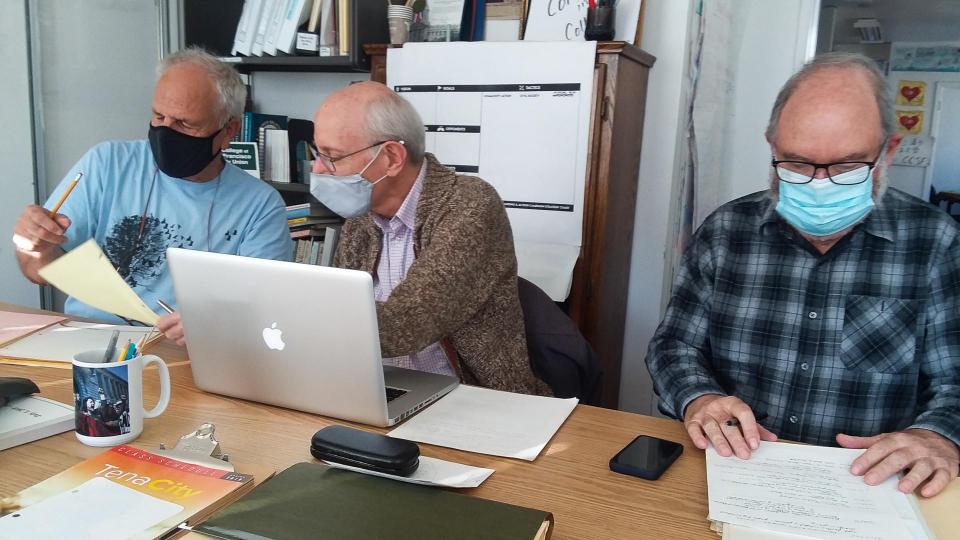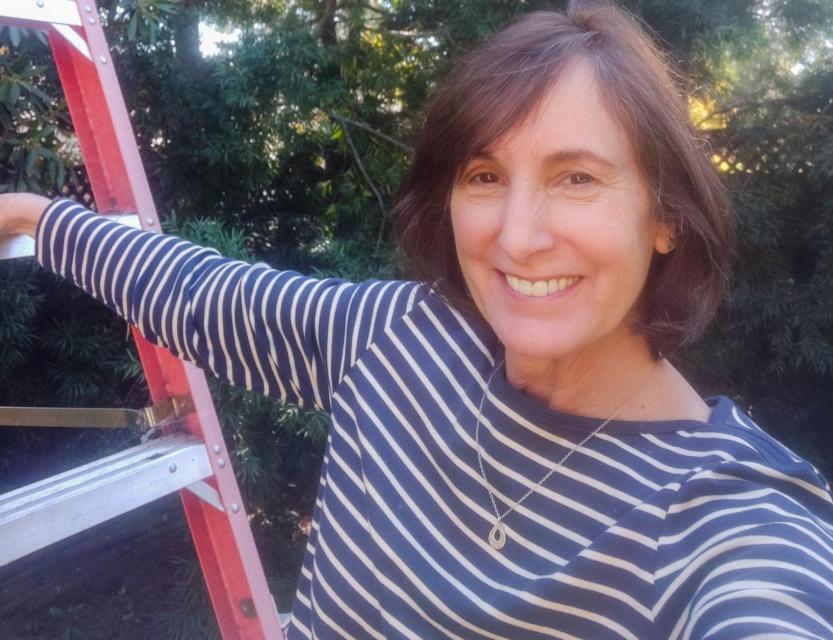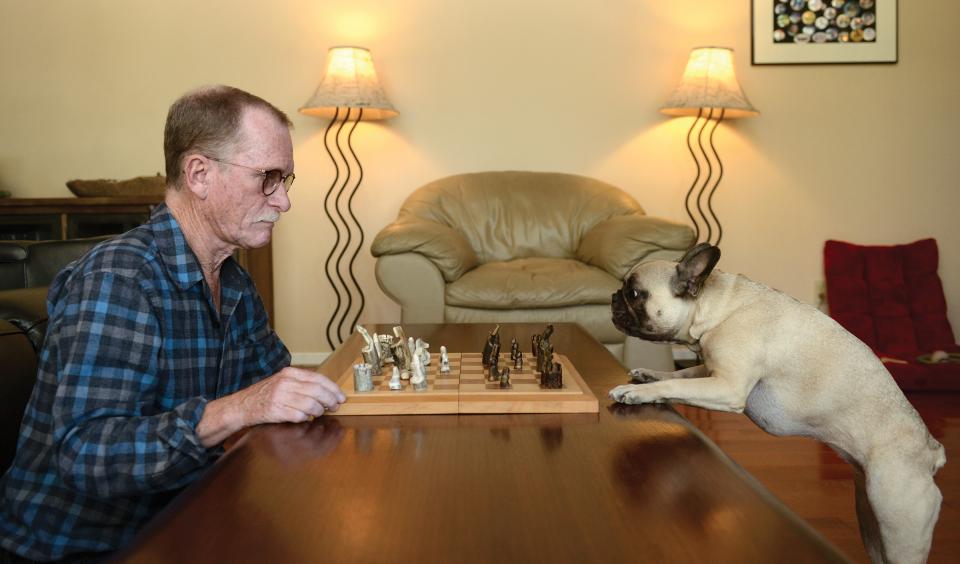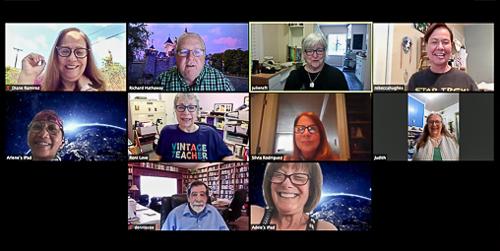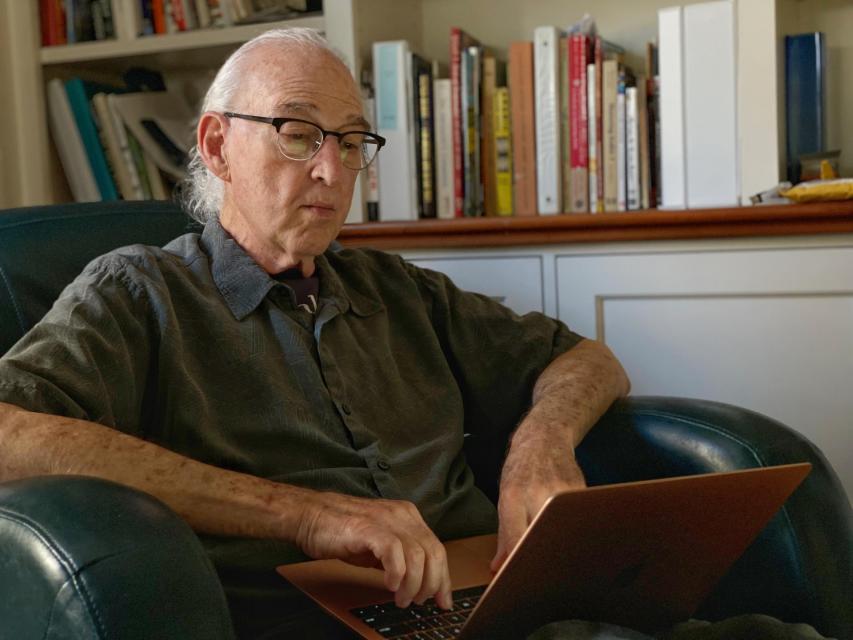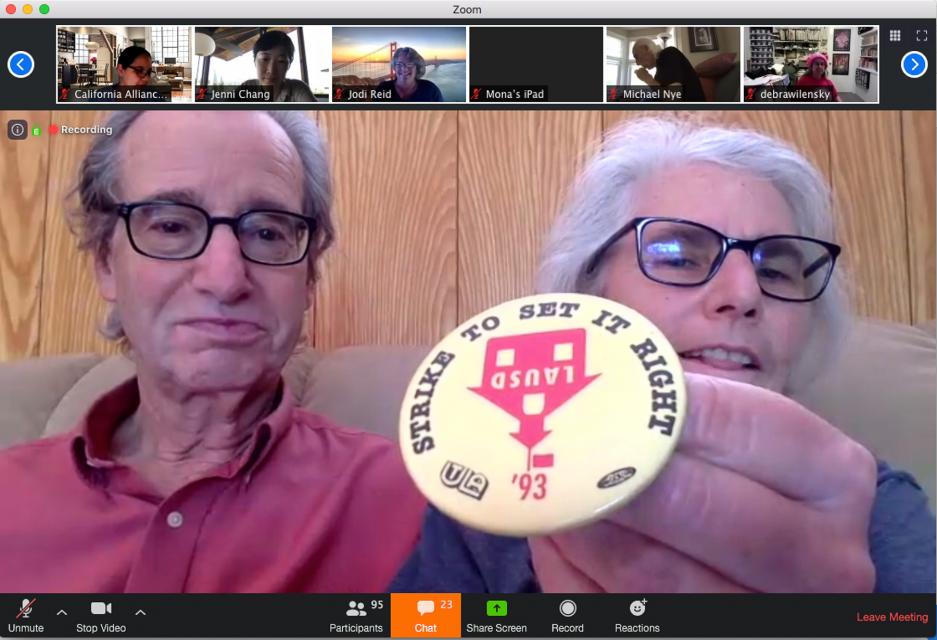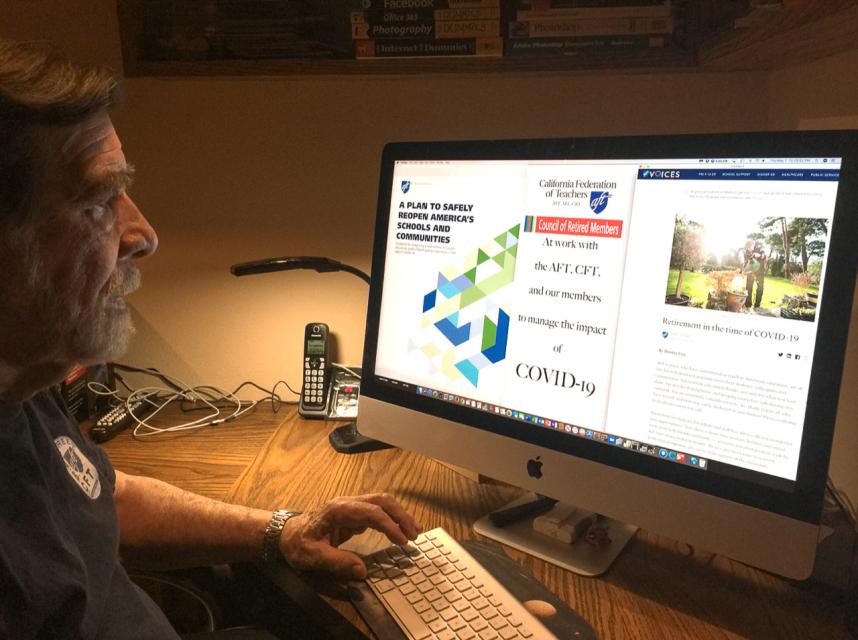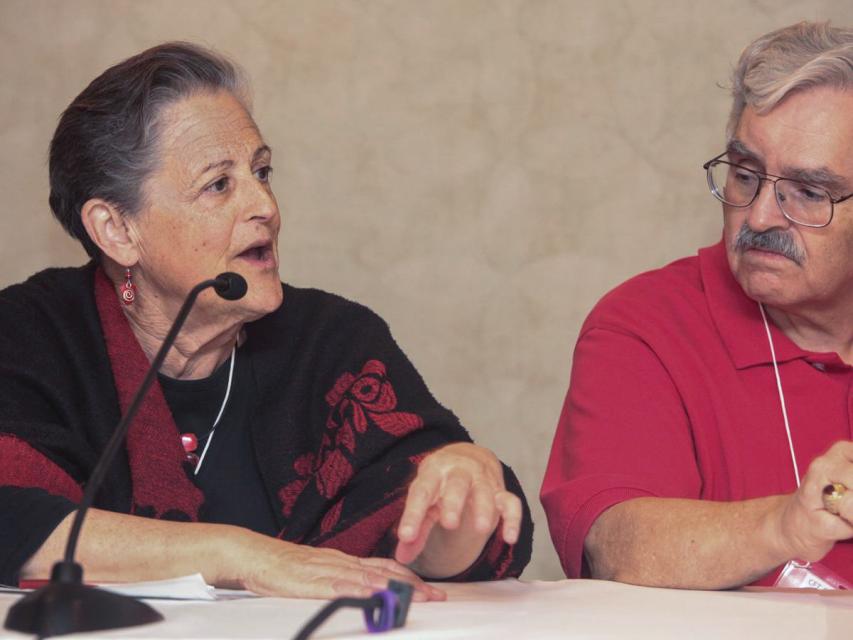Elders Speak! project preserves union history for future generations
AFT Local 2121 marks 50th anniversary with oral history
By Bill Shields
Janitors organize live onstage, in multiple languages. A domestic worker ponders the meaning of life as she mimes ironing clothes. Dancing hotel workers tell how they won a good contract. These stories emerged from an oral history project called Work Tales produced by the Labor and Community Studies Department at City College of San Francisco. I spent 25 years teaching in this department.
You can help start an AFT retiree chapter!
Retiree division sets sights on organizing more chapters
For most of her career, Kate Disney taught engineering at Mission College in the Silicon Valley city of Santa Clara. Disney learned the ins and outs of the West Valley-Mission Federation of Teachers contract when she became a union rep in 2017. She was elected president of the local in 2019.
“You learn about different sections of a contract as you go through different phases of your life and career,” she said. “Certain portions are more important at different ages.”
What I did to help win in Election 2020
Five retirees recount their extraordinary efforts
CFT retirees have broad-ranging interests and community relationships — and a lot of collective power. That is reflected in these five first-person accounts from very connected and active retirees.
Retirees mobilize for most important election in their lives
The threat to our social norms is “mind boggling”
Every senior has a long personal view of U.S. history, but nearly all would agree that this presidential election will be the most important ballot they cast in their lives. The prospect of Donald Trump in the White House for four more years has ratcheted up emotions.
“The threat to our Constitution, to our institutions, and to our social norms is mind boggling,” said Dennis Cox of the CFT Council of Retired Members.
Retired unionists go digital during the pandemic
Seniors getting comfortable online and learning new organizing tricks
It is 12 noon on Friday and the California Alliance of Retired Americans is ready to Zoom. Scores of CARA members from San Diego to San Francisco are gathered around home computers, ready for the next best thing to an in-person meeting.
Tips for seniors during the COVID-19 pandemic
How one retiree chapter is supporting seniors during stay at home
By Susan Morgan, President, AFT Local 1931 Retiree Chapter
As a retiree chapter, one of our current challenges is to find new ways to stay connected, be supportive, and sustain our esprit de corps. The current pandemic has increased challenges for retirees, many of whom were already dealing with the social challenges of isolation and loneliness. These newly heightened mental health concerns are real, and our task is to find meaningful ways to connect with our members to support our common union values and goals.
Being retired in the time of Covid-19
By Dennis Cox, Southern Vice President, Council of Retired Members
AFT retirees have contributed so much to American education, and are in line for well-deserved gratitude from their students, colleagues and communities. You warrant a heartfelt thanks for what you have done, and for staying home and keeping yourselves safe during this outbreak. You are extremely valuable citizens. So, thank you to all who have served, and are now staying safely sheltered in your homes! Please continue to do all you can to stay safe.
Retirees work presidential election in swing states
Pajaro Valley’s Julie Armstrong named top volunteer in Florida
Because Hillary Clinton needed to win in Florida, I volunteered, along with CFT and AFT retirees from other states, in the Sunshine State.
We worked with diverse groups of Floridians in the AFT and other labor unions through the Working America Coalition, a political action committee of the AFL-CIO. Working America fights for working families, union and non-union, in campaigns to elect progressive candidates and pass legislation to improve the lives of working families.
Retirees! CFT welcomes your participation in the new Council of Retired Members
CFT has formed a new division welcoming retiree participation and action, the Council of Retired Members. It is the first constitutional division the union has added in several decades. The Council elected its first officers at CFT Convention on March 20.
Union establishes Retiree Organizing Committee to build new chapters
The CFT has established the Retiree Organizing Committee to help local unions take advantage of the experience, skills and commitment of retired union members.
The goal of this new standing committee is to organize AFT retiree chapters around the state so that retirees may continue to contribute to their unions — and have opportunities to connect with former colleagues.
New retiree chapters offer social connection, wield political clout
Expertise of post-career members brings valuable asset to mid-size local unions
Although it began as a social group, the recently chartered retiree chapter of the ABC Federation of Teachers has become increasingly political, says its president, Gayle Pekrul. “Many retirees are not interested in just being social — they want to be involved in the issues.”

